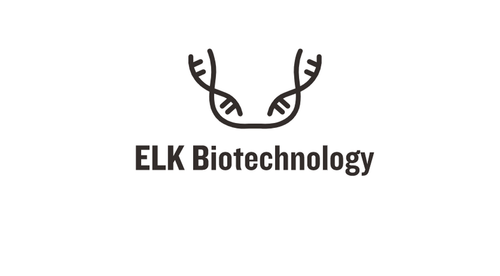Product Description
Human Calcineurin (CaN) ELISA Kit | AE63027HU | Abebio
Species Reactivity: Human (Homo sapiens)
Abbreviation: CaN
Alternative Name: N/A
Application: ELISA
Range: 0.156-10 ng/mL
Sensitivity: 0.057 ng/mL
Intra-Assay: ≤4.5%
Inter-Assay: ≤7.3%
Recovery: 0, 97
Sample Type: Serum, Plasma, Other biological fluids
Detection Method: Sandwich
Analysis Method : Quantitive
Test Principale: This assay employs a two-site sandwich ELISA to quantitate CaN in samples. An antibody specific for CaN has been pre-coated onto a microplate. Standards and samples are pipetted into the wells and anyCaN present is bound by the immobilized antibody. After removing any unbound substances, a biotin-conjugated antibody specific for CaN is added to the wells. After washing, Streptavidin conjugated Horseradish Peroxidase (HRP) is added to the wells. Following a wash to remove any unbound avidin-enzyme reagent, a substrate solution is added to the wells and color develops in proportion to the amount of CaN bound in the initial step. The color development is stopped and the intensity of the color is measured.
Product Overview: Calcineurin is responsible for activating the transcription of interleukin 2 (IL-2), that stimulates the growth and differentiation of T cell response. In immunosuppressive therapy it is inhibited by cyclosporin, pimecrolimus (Elidel) and tacrolimus (FK506) - these drugs are known as calcineurin inhibitors. Calcineurin dephosphorylates NFATc, a transcription factor that can then go into the nucleus and turn on genes involved in IL-2 synthesis. Calcineurin is linked to receptors for two brain chemicals, NMDA and dopamine. A MIT experiment with genetically altered mice who could not produce calcineurin showed similar symptoms as in humans with schizophrenia: impairment in working memory, attention deficits, aberrant social behavior and several other abnormalities characteristic of schizophrenia.
Stability: The stability of ELISA kit is determined by the loss rate of activity. The loss rate of this kit is less than 5% within the expiration date under appropriate storage condition. The loss rate was determined by accelerated thermal degradation test. Keep the kit at 37°C for 4 and 7 days, and compare O.D.values of the kit kept at 37°C with that of at recommended temperature. (referring from China Biological Products Standard, which was calculated by the Arrhenius equation. For ELISA kit, 4 days storage at 37°C can be considered as 6 months at 2 - 8°C, which means 7 days at 37°C equaling 12 months at 2 - 8°C) .
 Euro
Euro
 USD
USD
 British Pound
British Pound
 NULL
NULL








